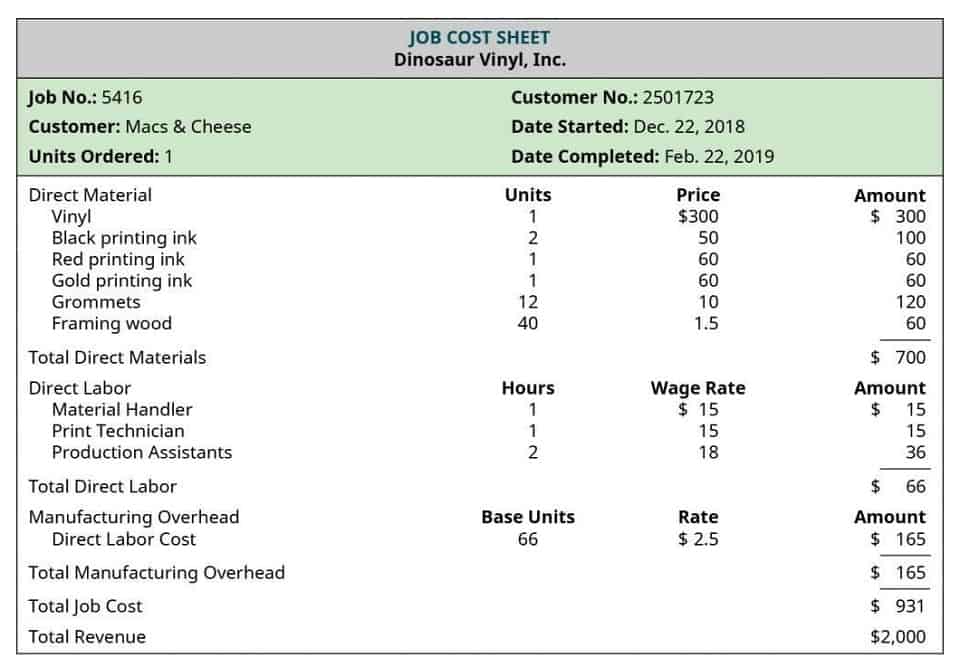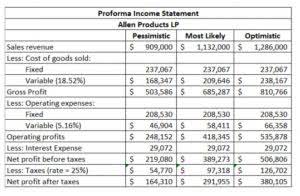What is the Role of Full Cost vs Successful Efforts Accounting in Oil and Gas Financial Reporting?

Oil gross vs net and gas companies spend a lot of money exploring new untapped reservoirs without any guarantee that they will find anything. Costs include acquiring land, obtaining the necessary permissions to extract, buying or leasing relevant equipment, transportation, and paying a specialist workforce’s wages. PwC US Energy practice provides audit and assurance, tax, advisory, and consulting services to help energy businesses address key issues. For example, if the company has undeveloped land or if it has midstream or downstream operations, you might estimate the value of those based on an EBITDA multiple (or $ per acre for land) and add them in.
Hierarchy of Accounting Principles
The study was an exploratory research which made use of purely secondary data from extant literatures in the relevant area of interest; hence the explorative design method was adopted in conducting this research. It was observed that the IFRS is more robust and principle base, thus giving room for a sense of discretion on the part of preparers of financial statements. The study concludes by reiterating the importance of adopting IFRS which enables a country to speak a uniform accounting language as her other counterparts. Thomson Reuters® UltraTax CS delivers streamlined, consistent data entry for up to twelve oil and gas cost centers and 9,999 wells in 1040, 1041, 1065, and 1120 returns. Furthermore, UltraTax CS calculates and limits percentage depletion, tax Cash Flow Management for Small Businesses preferences for percentage depletion and intangible drilling costs, and tracks for depletion on a detailed, well-by-well basis. Debt financing is critical for funding exploration, development, and production activities in the E&P sector.
Accounting for Joint Ventures in Oil & Gas: Key Principles and Compliance Guidelines
An alternative approach that allows for the capitalization of a larger amount of expenditures is the full cost method. Under this approach, all property acquisition, exploration, and development costs are aggregated and capitalized into a country-wide cost pool. These costs are then charged to expense using the unit-of-production system, based on proven oil and gas reserves. These write-downs or accounting expenses have a oil and gas accounting tendency to weigh on earnings and share prices. The full cost (FC) method is an accounting system used specifically by extractive industries such as oil and gas companies. Under this technique, all exploration operating costs are capitalized, regardless of whether they were successful or not, and then amortized into expenses over time as the total reserves are produced.
- Direct costs include expenses directly tied to extraction activities, such as labor, equipment, and materials.
- Each party’s share of revenue must be accurately reported based on their ownership interest and the specific terms of the joint operating agreement.
- Under full cost accounting, the costs are capitalized and then amortized over the estimated life of the oil and gas reserves.
- This method does not distinguish between successful and unsuccessful efforts; rather, it treats all costs as capital investments.
- Deciphering income statements and cash flow can often be challenging with either method, so it is imperative to have a team in place that has the right expertise to help you charter that territory successfully.
- Companies in the oil and gas industry need to account for their proven reserves.
- Companies must monitor these metrics closely and take proactive measures to address potential covenant breaches.
Investor Perceptions and Financial Health
This estimation process involves significant judgment and can impact the timing and amount of revenue recognized. Advanced software tools like SAP S/4HANA and Oracle’s Oil and Gas Accounting solutions are often employed to manage these complexities, providing real-time data and analytics to support accurate revenue recognition. The adoption of International Financial Reporting Standards (IFRS) in Nigeria like in many countries has obstacles and challenges. The study used content analysis method to highlight challenges that are peculiar to Nigeria. Different statutes that are apparently in conflict with the provisions of the standards are to be amended if Nigeria is fully adopting the International Financial Reporting Standards.
Shareable CPE Credits

Typically, there is a correlation between the amount of G&A spent and the amount of attainable detail. Luckily, the industry is doing a great job of utilizing technology to eliminate tedious, non-value-added tasks. These improvements should ultimately lead to being more efficient with fewer resources, but it’s still a work in progress.

Calculating vehicle depreciation

DD&A is the accounting method used to spread these costs over the life of the reserves. Revenue recognition in oil and gas accounting can be complex due to factors such as production-sharing agreements, joint ventures, and royalty payments. However, without the subsequent discovery of new reserves, the resulting decline in periodic production rates will later begin to negatively impact revenues and the calculation of DD&A for both a SE and FC company. The key difference lies in the success of finding oil and gas and how that is translated across balance sheets. Some choose to view this as the discovery being the true need, which means that all operational costs incurred during the discovery process should be counted – which is where the full cost method comes in.

How do companies recognize revenue from joint ventures in the oil and gas sector?
Simple percentages and Chi-square Statistical models were used to analyse the data. It was found that accounting standards for oil and gas industry in Nigeria owe its origin to the methods initially formulated in America and Britain with slight modifications. It was also observed that NASB, ICAN and ANAN play significant role in formulating standards for the oil and gas accounting sector in Nigeria to suit the realities of the time.







